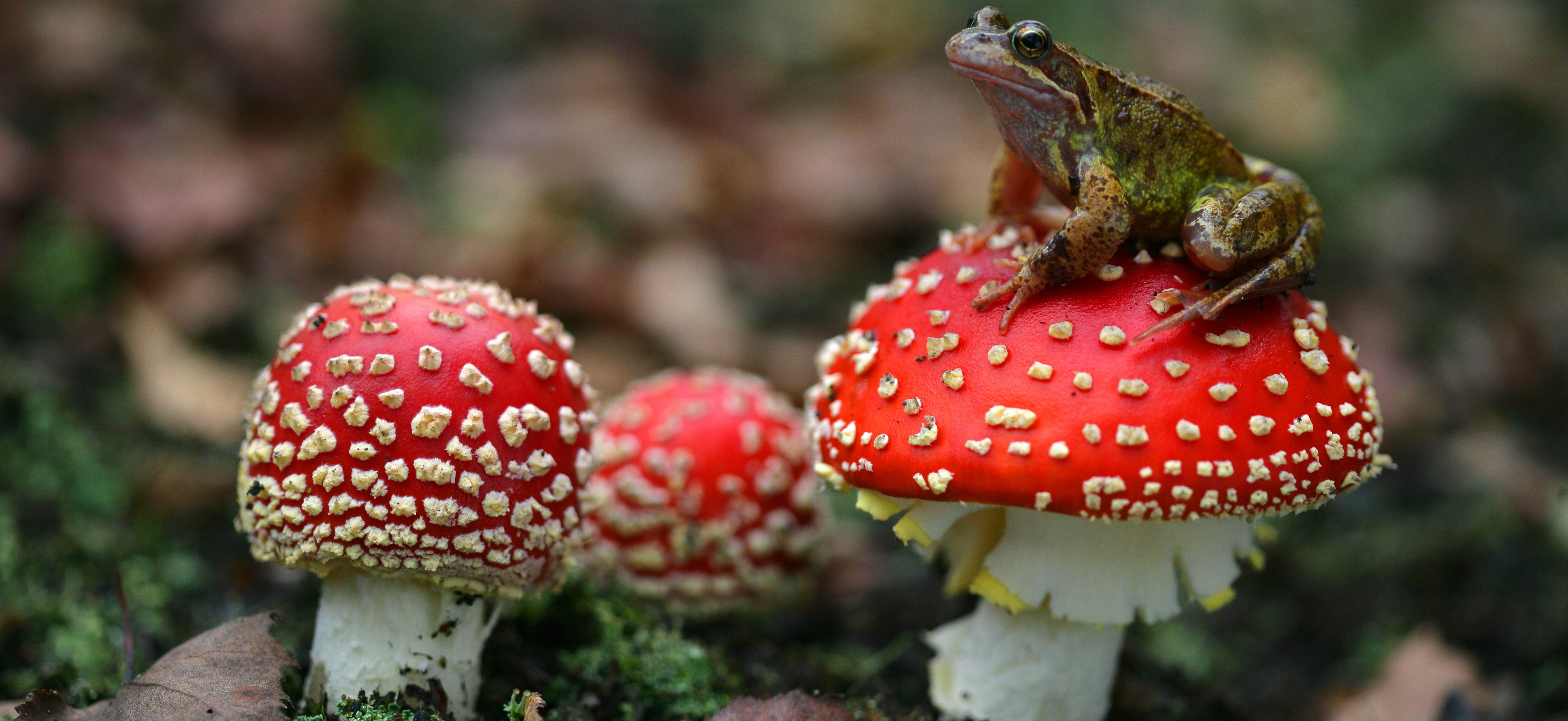State of the World’s Plants and Fungi Report Published
The Royal Botanic Kew Gardens has published the first State of the World’s Plants and Fungi report which warns that two in five of the world’s plants are at risk of extinction. Over 200 researchers came together from 42 countries to conduct and collate the research.
As only a small percentage of known plant and fungi species have been assessed under the International Union for Conservation of Nature’s Red List criteria, Kew’s scientists used Artificial Intelligence techniques to identify priority assessment areas and statistical adjustments to address sampling bias. However, the authors urge that “locating, describing and naming species a critical task if we are to conserve plants and fungi for future generations.”
In 2019 alone, botanists and mycologists around the world registered 1,942 newly named species of vascular plants on the International Plant Names Index and 1,886 novel fungi on the equivalent Index Fungorum.
The report also focuses on the potential for future food and medicine sources that have yet to be utilised, noting that ten relatives of the spinach plant and six relatives of garlic and onion were discovered last year. Humans currently depend on a very limited range of plant species for global food production (415 major food crops out of at least 7,039 edible plants), putting diets at risk of climate and disease impacts.
Plants and fungi underpin our habitats and ecosystems, but are often overlooked. This report sheds light on the importance of action to identify and conserve these species to support both wider ecosystems, and to address some of the key challenges faced by humanity.
